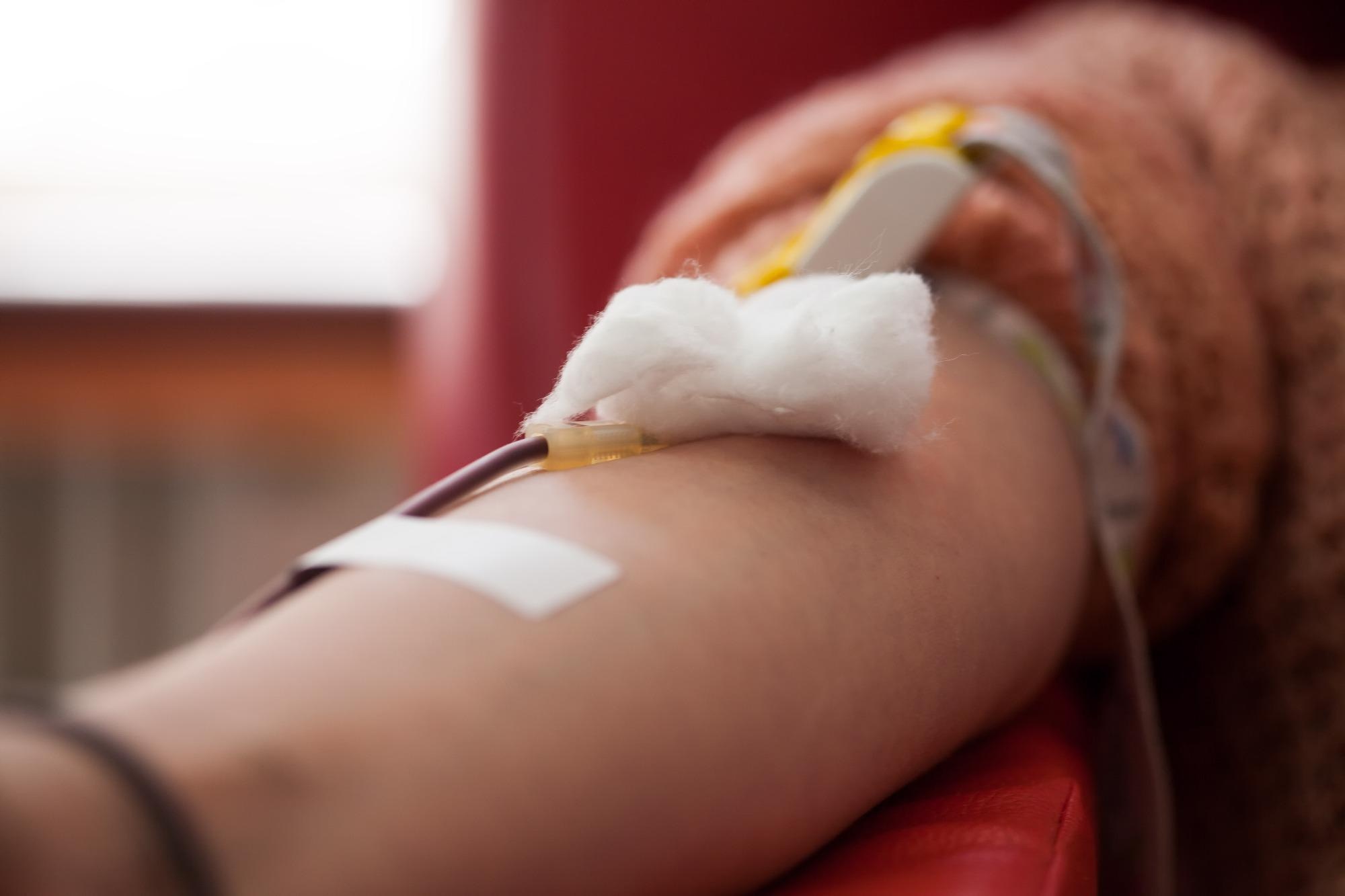The highly infectious severe acute respiratory syndrome coronavirus-2 (SARS-CoV-2) virus, the causal agent of coronavirus disease 2019 (COVID-19) pandemic, has infected over 517 million individuals and claimed more than 6.25 million lives worldwide. A vast effort has been made by scientists to develop therapies to reduce mortality rates associated with severe COVID-19 infection.
 Study: Early Outpatient Treatment for Covid-19 with Convalescent Plasma. Image Credit: Cryptographer / Shutterstock
Study: Early Outpatient Treatment for Covid-19 with Convalescent Plasma. Image Credit: Cryptographer / Shutterstock
Background
At present, three monoclonal-antibody therapies have received emergency use authorization (EUA) from the U.S. Food and Drug Administration (FDA) to be used for outpatients. Previous reports have shown that if these therapies were administered to COVID-19 patients between five and seven days of the onset of symptoms, a significant decrease in disease progression and hospitalization occurred.
Researchers stated that there is a need for alternative therapies for outpatients because in many low-to-middle income countries, monoclonal-antibody treatment is unavailable or scarce, and some therapies have been found to be ineffective against specific SARS-CoV-2 variants.
A previous study reported that early treatment of hospitalized patients with high titer of COVID-19 convalescent plasma showed a reduction in the death rates by 50%. However, randomized clinical trials have shown inconsistent benefits of plasma treatments among hospitalized patients due to severe COVID-19 infection. Several studies have demonstrated improved outcomes in COVID-19 patients treated with a high titer of plasma within a few days of the onset of symptoms.
Scientists pointed out that very scarce data is available from randomized trials associated with outpatients with COVID-19 infection. However, a clinical trial of COVID-19 convalescent plasma treatment in outpatients in Argentina showed a significant decrease in the risk of disease progression to severe infection among participants who were treated within 72 hours of the onset of mild COVID-19 symptoms.
A New Study
Researchers have conducted a double-blind, multicentre, randomized, controlled trial, which is known as Convalescent Plasma to Limit SARS-CoV-2 Associated Complications Study to evaluate if early COVID-19 plasma treatment could reduce disease progression and, thereby, reduce hospitalization rate. This study is available in the New England Journal of Medicine.
In this study, researchers evaluated the efficacy of the treatment irrespective of the vaccination status of the participants. The study cohort constituted participants who received plasma transfusion within eight days of onset of COVID-19 symptoms.
Key Findings
The study strongly indicated a reduction in hospitalization when outpatients, in their early phase of SARS-CoV-2 infection, were treated with COVID-19 convalescent plasma. The result of this study is in line with previous trials based on monoclonal antibody therapies, which revealed significant effectiveness in the case of early administration of an optimal amount of pathogen-specific antibodies. In addition, another study also reported that when a high dose of polyclonal plasma and monoclonal antibodies were administered during the early phase of the infection, i.e., within the first week of onset of symptoms, it resulted in a substantial reduction in the risk of disease progression.
All the participants of this trial were between eighteen and eighty-four years of age and received transfusion within nine days of commencement of COVID-19 symptoms. In the study cohort, 44% of participants received transfusion within five days of symptoms onset. However, this scenario is more practical than the administration of plasma within 72 hours.
Interestingly, the present study's findings are consistent with previous trials that revealed early monoclonal antibody therapy reduced medically attended visits of COVID-19 patients by 59%. The study also indicated that administration of convalescent plasma in the COVID-19 outpatients' subgroup within five days of symptoms exhibited better results in reducing the risk of hospitalization compared to those who received treatment within nine days of commencement of symptoms.
Scientists stated that monoclonal antibodies are expensive to manufacture and require a substantial amount of time for their development. This is the reason why these antibodies are not widely available. However, COVID-19 convalescent plasma is readily available in low-and-middle-income countries and is relatively inexpensive to produce. A single donor can provide multiple units of plasma, which can be easily administered to COVID-19 patients. Additionally, COVID-19 convalescent plasma is less vulnerable to antibody resistance and more effective against locally circulating variants. As such, plasma therapy can be considered a powerful treatment for COVID-19.
Challenges Faced During the Study
One of the foremost challenges faced by the scientists during the study was the constant change in standards of care and available therapies. Another difficulty faced by the authors was that they obtained plasma for the study from donors who recovered from infection with the original SARS-CoV-2 strain. However, during the course of the study, the Alpha and Delta variants became dominant.
Conclusion
One of the strengths of this study is its diverse study cohort containing participants throughout the United States. The authors stated that plasma therapy could be beneficial in regions where the COVID-19 vaccine supply is low. Even for future pandemics, convalescent plasma can be used initially for the treatment of disease until specific monoclonal therapies and vaccines are developed.